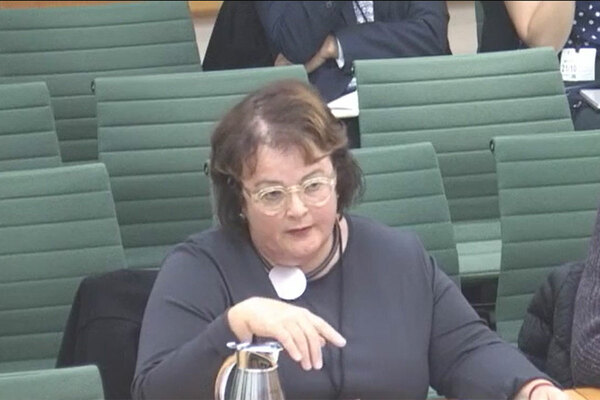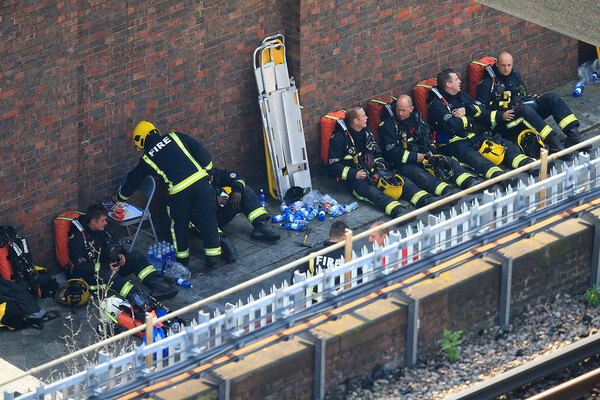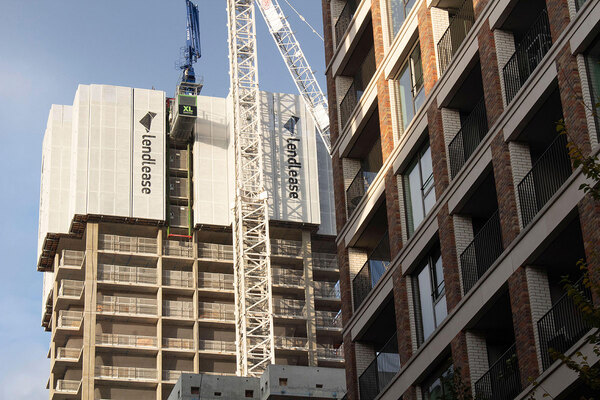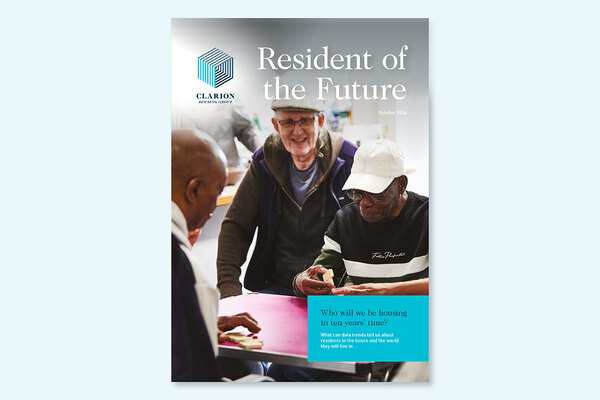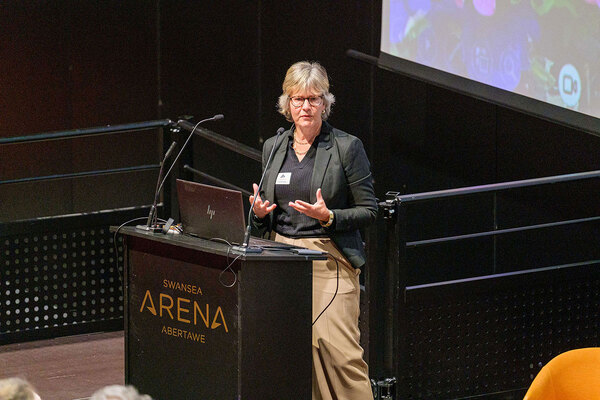You are viewing 1 of your 1 free articles
Sector leaders tell MPs they need more grant in face of ‘broken’ cross-subsidy model
Housing association leaders have told MPs that they need the government to increase grant rates for social rent homes, arguing that the cross-subsidy model is “broken”.
Speaking at a hearing of the Housing, Communities and Local Government Select Committee yesterday, Clare Miller, chief executive of Clarion, said the level of grant for social rent homes is “insufficient for us to have the scale of programme we would like”.
According to Ms Miller, Clarion, which built just 30 social rent homes last year and will build 70 this year, said there is a major shortfall in the amount of money needed to build social rent homes.
She said that an average two-bedroom property in London costs £400,000 to build. If it is a social rent property, the association will collect roughly £100,000 in rent over a 30-year period, leaving it with a £300,000 shortfall to fill using either grant or subsidy.
The average grant rate that Clarion is securing per property in London is currently £60,000 per home, according to Ms Miller. This means Clarion has to fund the remaining £240,000 through its own funds.
Government figures from last year revealed that of the 222,190 net additional dwellings to be created in the 12 months up until 31 March 2018, only 6,463 were new social rent homes – just under 3% of all new dwellings.
Housing charity Shelter has said that around 90,000 social rent homes need to be built every year to meet demand.
When asked by the committee why housing associations are not building more social rent homes, Fiona Fletcher-Smith, director of development and sales at L&Q, said that “the cross-subsidy model is really broken”.
The cross-subsidy model involves housing associations selling homes on the private market to fund affordable and social rent properties. The model has faced difficulties lately, particularly in London, as a result of the stagnant housing market.
Ms Fletcher-Smith’s point follows on from comments she made last week in which she said that the only model for delivering affordable housing is through government grant.
A report by the National Housing Federation earlier this year estimated that the government would need to invest £12.8bn a year through grant to end the housing crisis.
Victor da Cunha, chief executive of Curo and chair of Homes for the South West, said that grant must now be the “primary way” of delivering social rent homes in the face of the failing model.
He said: “A number of members adopted the cross-subsidy model in 2011, not because we were trying to become commercial entities… but because at the time it was either not delivering social housing or innovation… and the cross-subsidy model enabled us to build housing at a time when there was almost no grant.”
“The world has moved on, the market is getting harder and while we will never really lose that as a tool… the truth is that grant has to pick up the slack.”
Ms Miller also called for longer visibility on rent levels from the government.
In response to a question on how far in the future should the government be providing certainty on rents?
Ms Miller said: “As long as possible, our capital markets rely on certainty. You will know that we borrow over the long term.
"Traditionally housing associations have borrowed for 30 years, more recently we are borrowing for periods of 19, 15 years.
"The absolute requirement of the capital markets is certainty over that period of time, so if the rent regime gives us that certainty it means that we can access money at a better rate and for a longer period.”
Housing Communications Conference
The Housing Communications Conference, organised by Inside Housing, is the only event to combine knowledge and best practice from experts outside the sector, showcasing innovative communications campaigns from leading housing peers.
Meet and network with 200-plus senior-level communications professionals as they discuss and debate the biggest topics in the sector. It is your chance to access transformative ideas and gain immediate inspiration for your campaigns.
Join this essential one-day event to:
- gain practical insight from key professionals on new topics such as effective storytelling, mergers, public affairs, integrated campaigns, measurement, and crisis communications and PR
- experience more than three hours of networking, allowing you the opportunity to meet delegates that matter the most to you
- take advantage of breakout sessions: engage with experts and learn tips and tricks on creating the most effective content to leverage your brand
The Housing Communications Conference will take place on Monday 18 November at County Hall, London, SE1 7PB.
